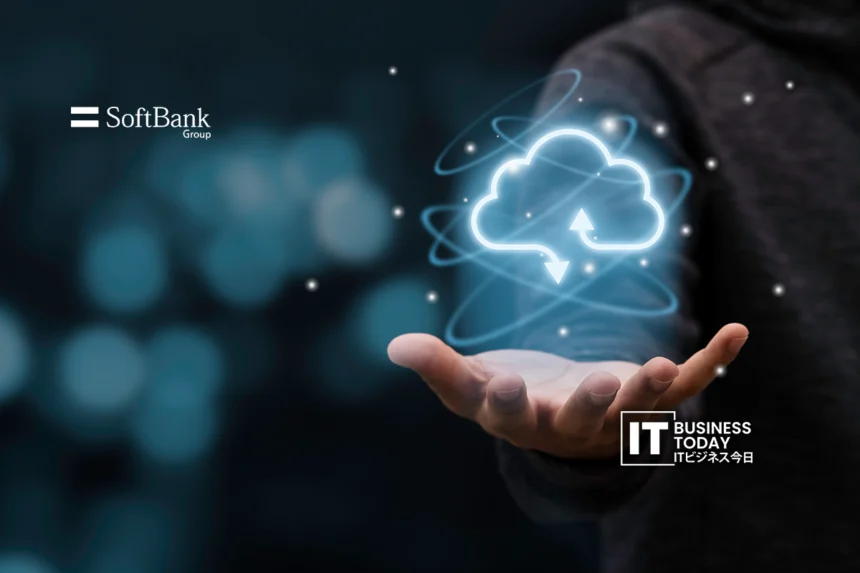SoftBank Group Corp. has made a big move toward its goal of artificial superintelligence (ASI). It announced plans to buy ABB Ltd’s robotics division for about US$ 5.375 billion (JPY 818.7 billion). SoftBank leads in AI and robotics, creating a brighter future for everyone.
SoftBank bought ABB’s robotics division. This acquisition will enhance innovation in machine learning, computer vision, and self-driving systems. SoftBank brings together top talent and tech in AI and robotics. This strategy drives breakthroughs. It’s part of a trend started by innovators like Elon Musk and Google’s DeepMind.
ASI offers huge benefits. It can transform healthcare and education. SoftBank directly addresses major global challenges. It pushes for progress in climate change and sustainable energy.
Also Read: Celaid Therapeutics Raises ¥1.05B for Stem Cell Growth
Strategic Rationale Behind the Acquisition
The acquisition is part of SoftBank’s plan to boost its AI robotics business. ABB’s robotics division is known for its reliability and performance. It will enhance SoftBank’s current robotics investments. These companies are SoftBank Robotics Group Corp., Berkshire Grey, Inc., AutoStore Holdings Ltd., Agile Robots SE, and Skild AI, Inc. SoftBank wants to speed up innovation in AI robotics by combining these assets. This will help make ASI a reality.
ABB will spin off its robotics business into a new holding company. SoftBank plans to buy this company through a subsidiary. The acquisition should close in mid-to-late 2026. This depends on getting standard approvals from the EU, China, and the U.S.
Impact on Japan’s Technology Sector
This acquisition is poised to have significant implications for Japan’s technology industry:
SoftBank will buy this company using a subsidiary. The deal will close in mid to late 2026. This depends on approval from the European Union, China, and the U.S. SoftBank’s advanced robots could change healthcare. They can help surgeons with complex operations. This support may improve patient outcomes and cut recovery times. In manufacturing, AI robots can make production lines better. They boost efficiency and cut costs.
Economic Growth: SoftBank’s robotics focus will drive economic growth. It creates jobs in areas with strong manufacturing. The demand for skilled robotics and AI workers is surging. Local universities and training centers need to update their courses. This will help meet the growing demand. This shift will help meet new needs and boost economic growth. Increased production capacity and efficiency will save costs. These savings can then be invested in research and development. This creates a cycle of innovation and growth.
Global Competitiveness: Japan takes the lead in the global robotics market with this deal. It enhances its AI by upgrading self-driving cars, smart homes, and digital health. ABB’s technology enhances Japan’s lead in AI-powered robotics over the U.S., Germany, and South Korea. This provides Japan with a strong advantage.
Broader Implications for Businesses
For tech businesses in Japan, this acquisition brings both chances and challenges:
Opportunities: Companies can tap into SoftBank’s advanced robotics skills. This boosts operations. It improves efficiency and sparks product innovation.
Merging: ABB’s robotics business will spark strong competition. To stay ahead, companies need to invest a lot in R&D. This key step keeps them competitive.
Conclusion
SoftBank’s buy of ABB’s robotics business is a major move for Japan’s tech growth. SoftBank is boosting its AI robotics skills. This is a key move toward its big goal of achieving Artificial Super Intelligence (ASI).
This move supports SoftBank’s ASI vision and revives Japan’s tech sector. This acquisition will fuel growth and enhance competitiveness. This development will unlock new opportunities. We should look at how it affects innovation, economic growth, and global competitiveness. This way, we can get the most benefits.








